
Aug 4, 2021 | Climate Change, Daily Space, Earth, Exoplanets, Moon, Observatories
Last year’s announcement that water ice had been found on the dayside of the Moon by the SOFIA observatory prompted scientists to understand just why that could work, and they found that the Moon’s rough surface creates frost pockets. Plus, all the climate change news over the millennia (Pamela’s back, everyone!).
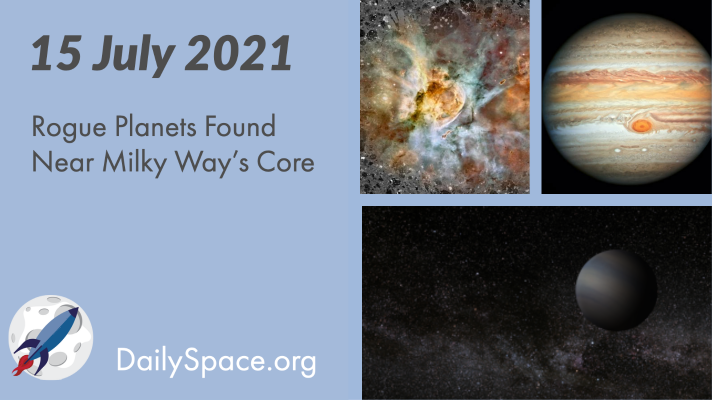
Jul 16, 2021 | Asteroids, Black Holes (Stellar), Conferences, Daily Space, Earth, Exoplanets, Globular Cluster, Jupiter, Kepler, Mercury, Our Solar System, Stars, Supernovae
Using data collected by NASA’s Kepler Space Telescope, scientists have found four free-floating, or rogue, planets near the core of the Milky Way. These planets formed in discs in other planetary systems and were thrown out by gravitational interactions with larger planets. Plus, the early solar system, including ancient Earth, Jupiter’s chemistry, and Mercury’s core.
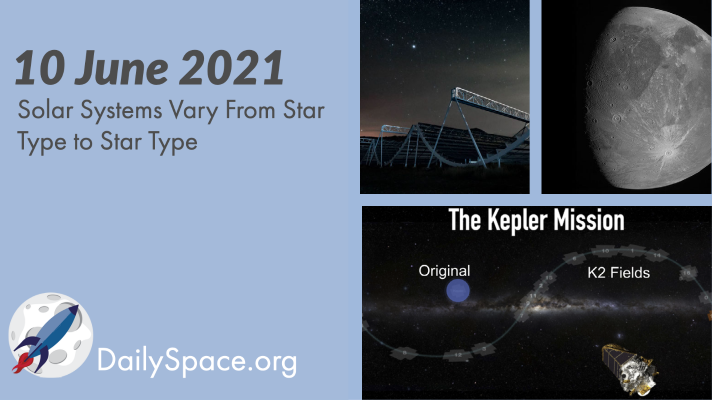
Jun 11, 2021 | AAS, Daily Space, Exoplanets, Fast Radio Bursts, Guest Interview, Jupiter, Kepler, Planetary Nebulae, Planets, Spacecraft, Stars
In new research, scientists examined the populations of stars observed by the Kepler and K2 missions and found that the solar systems were different depending on the type of star involved. Plus, CHIME results, a brown dwarf’s atmosphere, a stream of stars in the Milky Way, and an interview with PSI’s Dr. Candice Hansen about the recent Ganymede flyby of NASA’s Juno spacecraft.
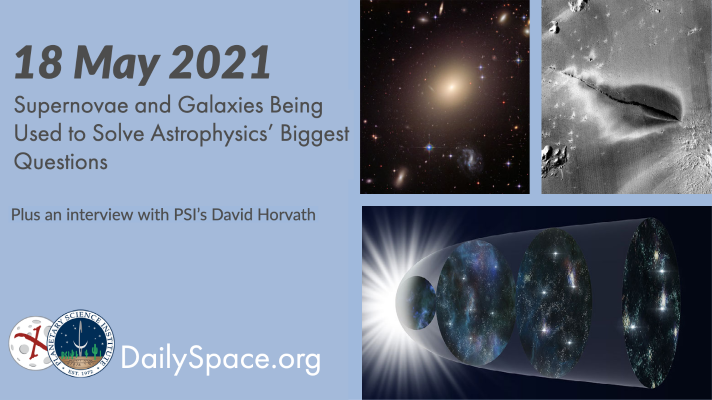
May 19, 2021 | Black Holes (Stellar), Daily Space, Dark Matter, Galaxies, Gemini North, Guest Interview, Mars, Neptune, Physics, Stars, Supermassive Black Holes, Uranus
Two new studies are attempting to solve a couple of big puzzles in astrophysics: Is the Hubble constant actually constant? And why do galaxies have flat rotation curves? Plus, a young star’s circumstellar disk, the search for stellar-mass black holes, magnesium in the deep waters of Neptune and Uranus, and an interview with PSI scientist David Horvath regarding possibly active volcanism on Mars.
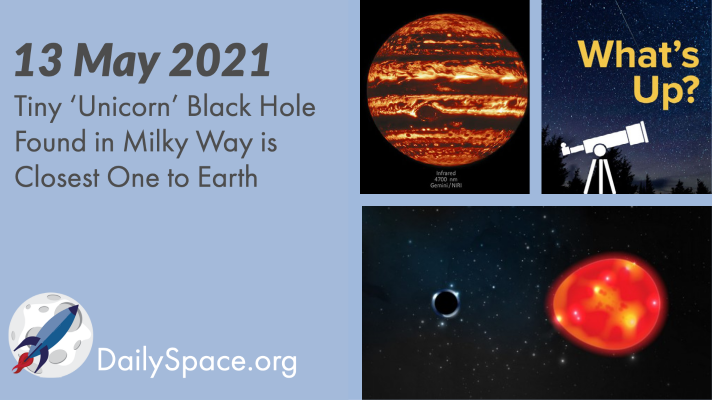
May 14, 2021 | Black Holes (Stellar), Brown Dwarf, Daily Space, Earth, Gemini North, Jupiter, Mars 2020, Perseverance, Sky Watching, Stars
A tiny black hole, only three solar masses, has been found inside the Milky Way in the constellation Monoceros. One of the smallest black holes ever found, it is also the closest one to Earth. Plus, Perseverance, Gaia, a brown dwarf, new images of Jupiter, seismic monitoring from space, and this week’s What’s Up.
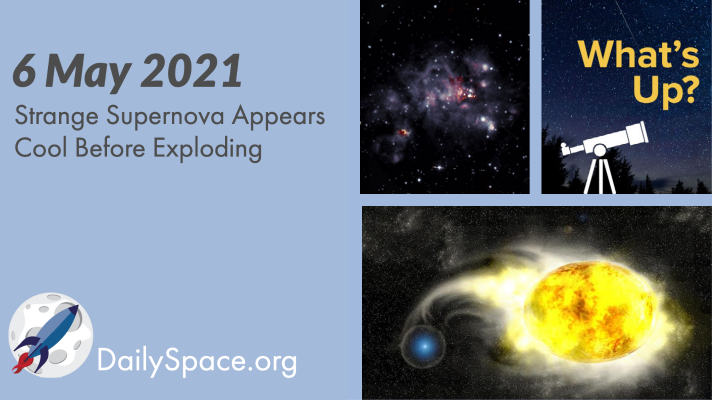
May 7, 2021 | Active Galaxies, Earth, Exoplanets, Moon, Spacecraft, Star Forming Region, Supernovae, Very Large Array
Researchers find that the “oddball supernova” of a curiously cool, yellow star was lacking the hydrogen content expected, “stretching what is physically possible.” Plus, finding potentially habitable planets, a gamma-ray burst, ash clouds, and a new lunar map in this week’s What’s Up.








 We record most shows live, on Twitch. Follow us today to get alerts when we go live.
We record most shows live, on Twitch. Follow us today to get alerts when we go live.